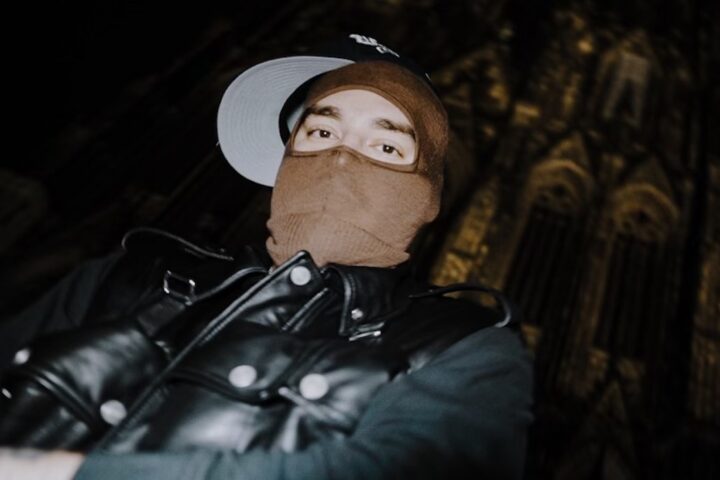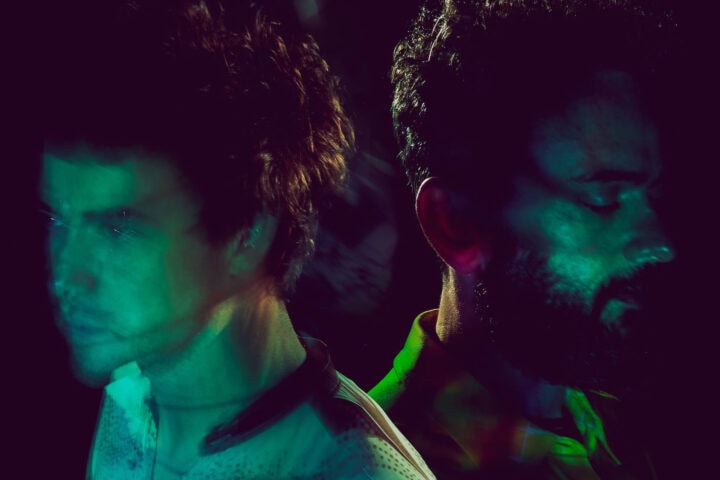Marble-mouthed “meme rapper” Yeat defies expectations on his fourth studio album, 2093, which serves as a departure from his quirky beginnings as a Young Thug clone. This sci-fi concept album also solidifies the industrial, electronic-heavy sound that Yeat has been developing over the past few years while unveiling a bold aesthetic vision that, while not always successful, is as ambitious as it is captivating.
This development is a relief, as Yeat’s recent wheel-spinning projects were slight variations on familiar lyrical themes and sonic concepts. On 2093, though, the rapper largely strays away from the psychedelic production palette of longtime collaborator BYNX. Instead, he appears more inclined toward beats that are louder and far more avant garde. For one, the high-octane “Breath”—which, compositionally speaking, has more in common with EDM than rap—is propelled by its deafening house bassline and a series of breathy ad-libs.
Perhaps more indicative of Yeat’s daring are the audacious cuts that aim for a Travis Scott-esque grandiosity, such as the mesmerizing “Power Trip,” which features no less than three different beat switch-ups in under five minutes. There are a few noticeable instances where a track’s jarring juxtaposition doesn’t fully land its intended effect, like the melodramatic final leg of “Tell Më.” More often than not, though, Yeat is able to string together disparate parts into coherent wholes, such as the titanic “As We Speak,” a bonus track from the album’s deluxe edition that gracefully sways from orchestral grandeur to glitched-out hyperpop.
But as 2093 ably proves, it’s Yeat’s deadpan humor, oddball enunciations, and infectious energy that remain the most compelling aspects of his music. On the surreal “ILUV,” which samples Crystal Castles’s intoxicating “Fleece” (from 2016’s Amnesty (I)), he stammers out the tail end of his verse—“I know you need to cry, so here’s a-, uh, uh, here’s a shoulder/I heard you tryna die, so here’s a-, uh, huh, here’s a boulder”—with little discernible care in his voice. More impressively, each stutter hits in tandem with the song’s lurching beat.
Yeat remains the same single-minded alien that he was when he made Afterlyfe, and 2093 contains similar issues. Repetition is a big one, and not just in the sense of saying the same word over and over again—which Yeat does on “Psychocainë,” whose chorus has him shuffling through several permutations of the phrase “I forgot”—but in songs that, though they’re certainly cutting edge when compared to what else is out there, begin to blur together over time. But while that prevents 2093 from sounding quite as forward-minded as its title suggests, Yeat is finally tapping into a style he can confidently call his own.
Since 2001, we've brought you uncompromising, candid takes on the world of film, music, television, video games, theater, and more. Independently owned and operated publications like Slant have been hit hard in recent years, but we’re committed to keeping our content free and accessible—meaning no paywalls or fees.
If you like what we do, please consider subscribing to our Patreon or making a donation.



